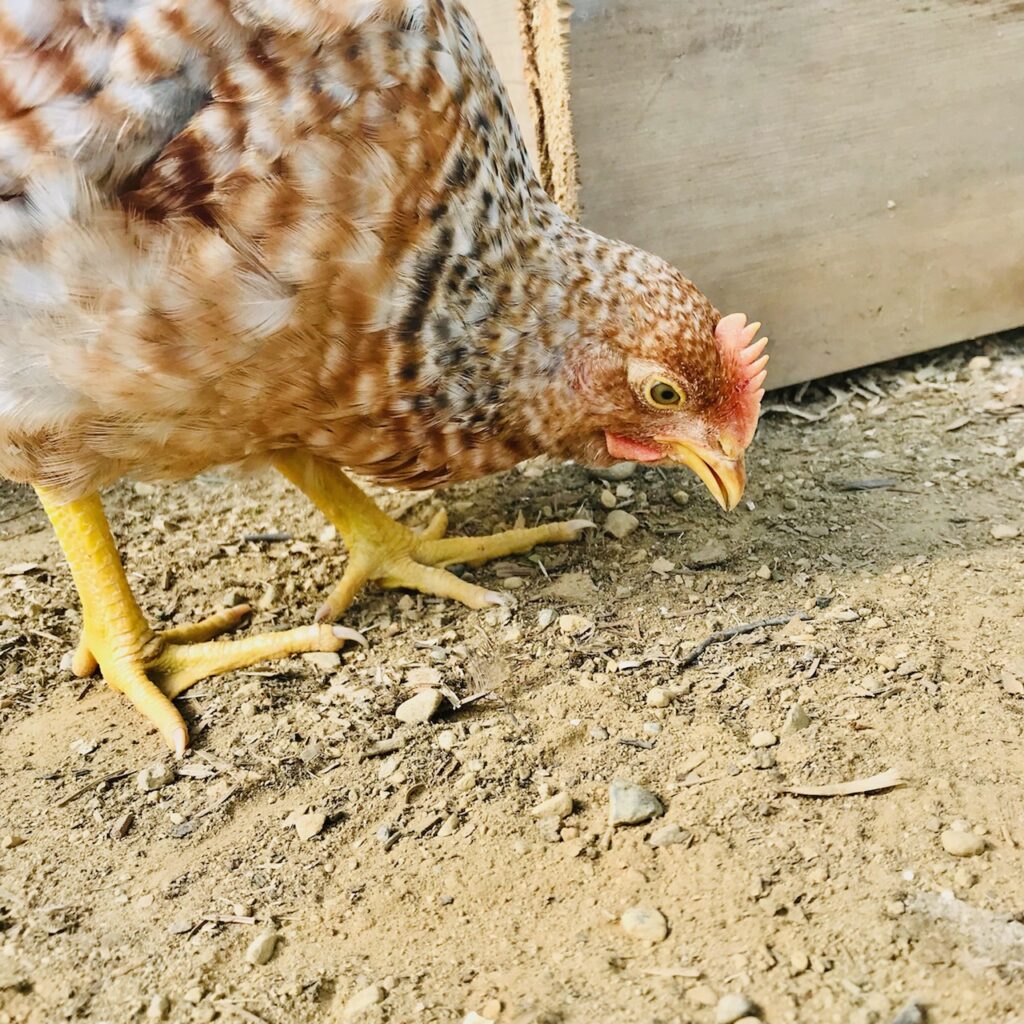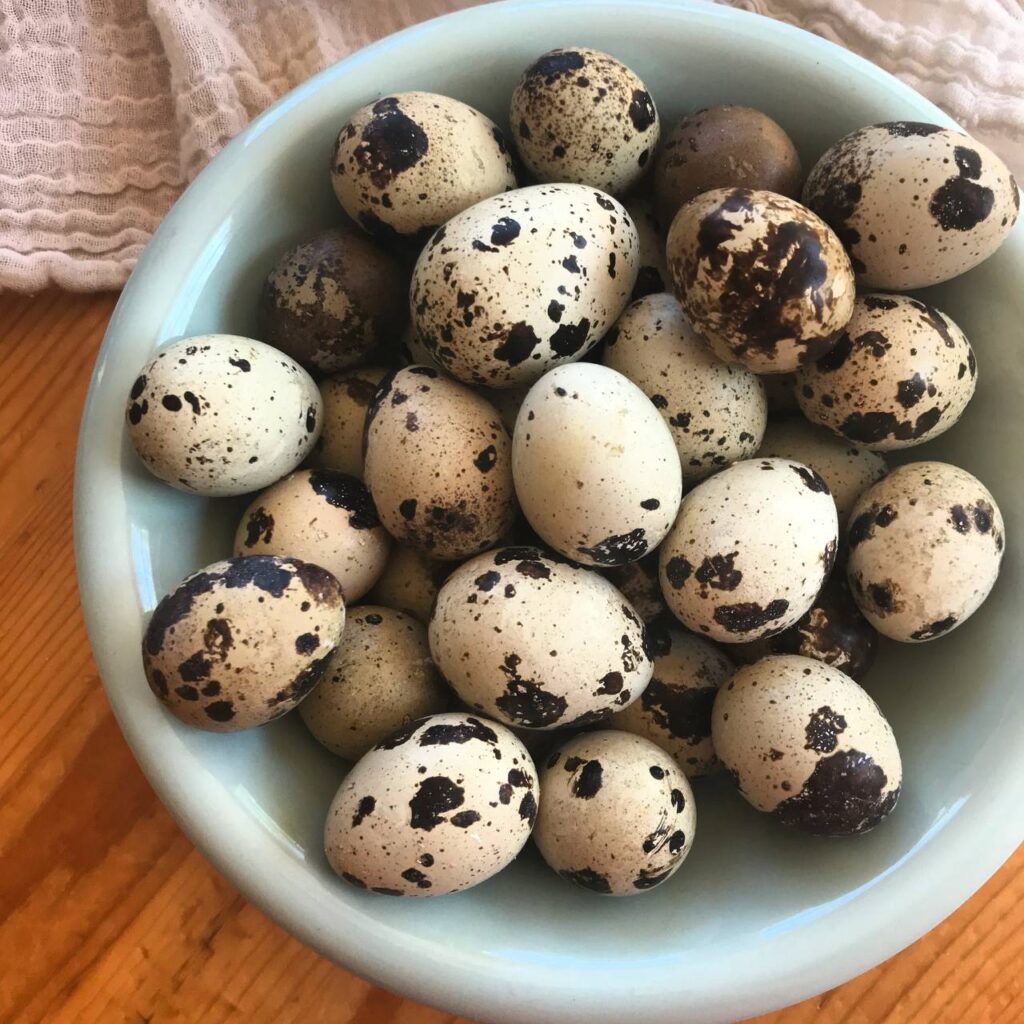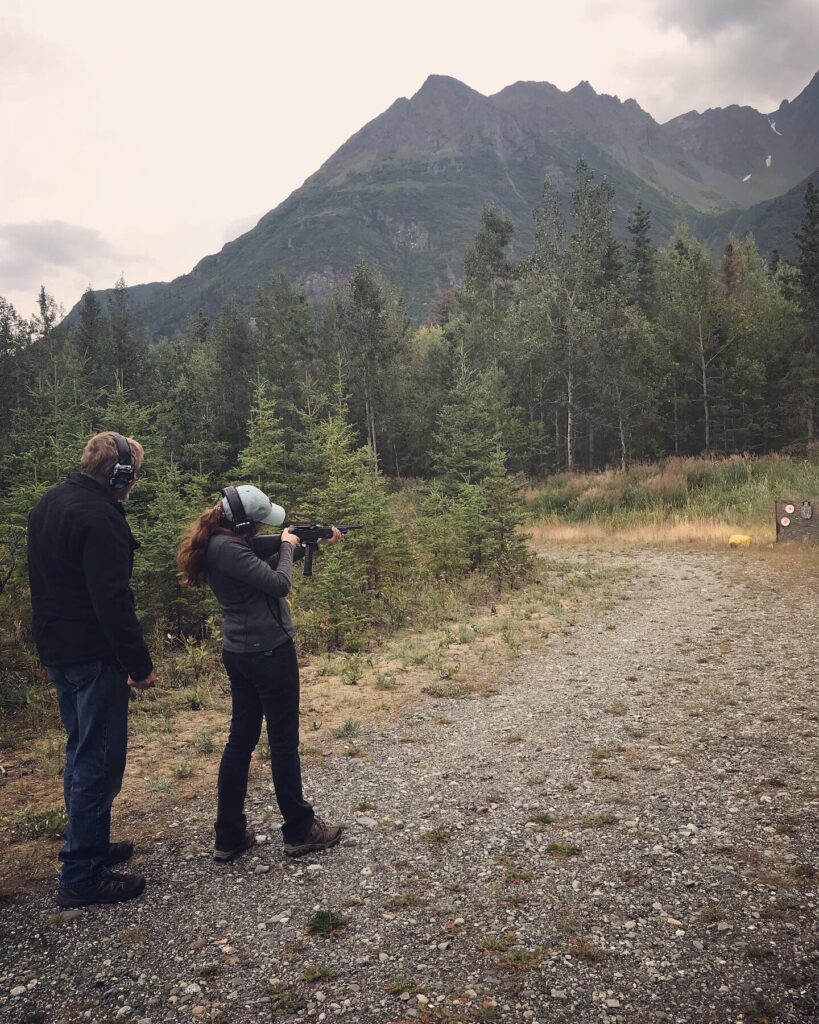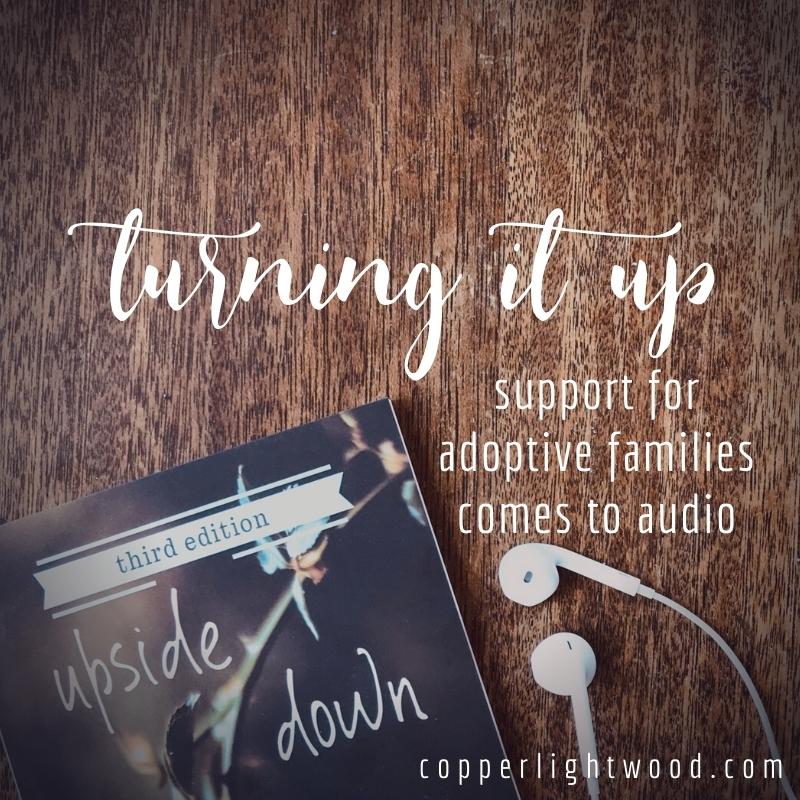Sips of water. Piles of tissues. No energy to move. Fever, accompanied by chills, aches, and sniffles.
I retreated (slowly) back to bed with a couple of books. The bummer about being sick and spending all day in bed with books is that usually you’re not coherent enough to pay attention or understand what you are reading in the books. So after finishing a chapter for our Gaining Ground group – which is not a hard read to start with – I grabbed a book of fluffy fiction off the shelf that had been recommended by someone online.

It looked interesting: Apocalyptic drama from an unabashedly conservative perspective. Curious. Okay, let’s see what you got.
Now, I know going into these things that this is not a Christian book, so I am not expecting Christian content. But I do expect decent writing, plus a good story that neither insults my intelligence nor demands too much of it when most of my caloric intake for 24 hours has come from vitamin C and ibuprofen.
And for the first, oh, fifty pages or so, it was fine. I couldn’t tell you for sure though, because the book is in the trash over there and it’s not worth getting up to tell you specifically where my level of disgust caused me to throw it in that direction.
I’m not sorry, either. Books are generally sacred in this house, but not that kind. Not the kind that parade as promoting conservative values while the reluctant hero uses women like toilet paper in a pathetic display of a dirty old man’s royalty-driven fantasy.
Here’s the thing: What good is it to promote “conservative values” if they are so riddled with contradictions that you have to put the phrase in quotation marks when referring to them?
What good does it do to push any of those values if the other stuff you’re promoting rips the rug right out from under that foundation?
What
good does it do to promote, say, the second amendment, if you are
simultaneously muddying the waters by promoting a culture that leads
to rampant abortion, pornography, infidelity, and other abuses toward
women and the institution of family?
Pardon me while I
climb a little higher on my soapbox – I am, you know, fairly
petite, and also increasingly unfiltered from all the sinus pressure
– and mention just a couple of recent incidents that illustrate
this compromise.
The first was a few weeks ago when, in a private group chat, a proclaimed Christian social media influencer started berating and insulting someone else in the chat, and when I
came to her defense, he immediately told me to “F— off.”
This guy is actually doing a great work for the conservative cause in a certain area, yet he completely destroyed his reputation and witness among those of us who saw his true colors. He chose excuses over apology that day, and continues to post prayers every Sunday for his 40,000 followers. (I assume his wife, children, employees, and mental state all need serious prayer, too.)
Then last week, an ignorant man trolled my devotional video and left a long stream of abusive comments and accusations because I am (gasp) a woman who has a platform about Christian living. Don’t you know that women aren’t supposed to talk about Jesus? Don’t you know that if they do publicly say anything about Jesus, it’s considered teaching and you should immediately 1 Timothy 2:12 them outta the Kingdom?
I didn’t. I have, however, actually studied the Bible for over twenty years, and know that a couple verses taken out of context without cultural application do not a mandate make. Especially when multiple passages in context show otherwise.
These men who profess a passionate desire for truth but only display it in fragments are as ineffective as a kid charging onto the battlefield with a BB gun, shooting at those who are doing the real fighting on their behalf. My guess is these guys have related issues (with women and otherwise) under the surface that are also compromising their witness.
It’s important to note that misogynistic drivel like this has played a huge part in driving the overcorrections of radical feminism and loss of gender roles. Dishonor of women from insecure, lecherous men is met with a backlash of dishonor from insecure, grasping women, with children taking the bulk of the crossfire – and misogyny ends up feeding the root of the abortion movement. Fragmented people find themselves culpable for the some of the very acts they condemn and claim to fight against. Stick that in your pipe and smoke it.
Bullies, oppressors and all men who do
violence to the rights of others are guilty not only of their own
crimes, but also of the corruption they bring into the hearts of
their victims.
– Alessandro Manzoni, The Betrothed
Wholeness matters, and if we are walking wounded and broken, our testimony and legacy will be wounded and broken as well.
Last week our pastor said, “The Lord moves in a unified church. The world is questioning who we are, and what the Church is. What are we showing them?”
The Church is obviously not the same thing as the conservative movement, though there is clear overlap. But if those who claim to be part of the Church can get their collective act together where wholeness is concerned, we’ll see a lot more movement in those conservative values we claim to care so much about.
Wholeness runs deep and wide, and not one of us is the same as anyone else — some of us are deeper in some aspects but just barely getting our toes wet (or still standing on the shoreline) in others. Our depths are in different areas, and we stretch wide and shallow in different areas, too.
Some of us are great at forgiveness or purity, and others are deep into kindness, mercy, or truth. Some of us regularly practice watching our words or taking the log out of our own eyes. Some of us are growing in repentance, and pushing hard to go deep in self control.
We’re meant to grow in all directions, of course — it’s called wholeness, not partness. Not one of us is off the hook in any area.
God is constantly leading each of us deeper and wider in different areas because He knows the waters we’re afraid of and avoiding, and He wants our character to represent Him in fullness.
We avoid certain areas, though. We think there are sharks in those places and we have too many good excuses for not going there. The battle is too hard. The Greek is too unfamiliar. The sins are too comfortable. Egos are too fragile.
But God is calling us to claim that territory, because the more wholeness we walk in, the less territory the sharks have to move in.
The church leads the culture, not the other way around. So, how are we leading? Where are we following or imitating, instead of igniting and inspiring?
The more kindness we show, the less need for forgiveness there is.
The more self control we use, the less regret we have later.
The more Greek we learn, the less stupid we sound when trumpeting out of context verses we haven’t actually studied.
The more purity we display, the more protected our marriages are.
The more protected our marriages are, the more protected our children are.
The more humble we are, the less we will fall.
So we press into those dark areas with intention to conquer. Because we were once sharks, too.
We can’t expect to win battles when we spend so much time alternating between committing friendly fire and shooting ourselves in the foot. With those kinds of leaders we are worse off than before: One or two pet causes upheld, while the foundations of society that those causes claim to benefit lie in ruins.
Some of the sharks really are well meaning, though. They truly think that they are doing Kingdom work in their bloodletting.
“Beware of false prophets, who come to
you in sheep’s clothing but inwardly are ravenous wolves. You will
recognize them by their fruits. Are grapes gathered from thornbushes,
or figs from thistles? So, every healthy tree bears good fruit, but
the diseased tree bears bad fruit. A healthy tree cannot bear bad
fruit, nor can a diseased tree bear good fruit. Every tree that does
not bear good fruit is cut down and thrown into the fire. Thus you
will recognize them by their fruits.
“Not everyone who says to me, ‘Lord,
Lord,’ will enter the kingdom of heaven, but the one who does the
will of my Father who is in heaven. On that day many will say to me,
‘Lord, Lord, did we not prophesy in your name, and cast out demons
in your name, and do many mighty works in your name?’ And then will
I declare to them, ‘I never knew you; depart from me, you workers
of lawlessness.’
– Matthew 7:15-23
Jesus knows how to sort us out. He knows when things are not as they seem. He knows who is fake and who is real.
And He knew what it would take to bring redemption and wholeness. He decided we were worth it.
Won’t it be amazing when those who are true are revealed to each other? When the men who put women down for daring to speak will understand for the first time how their misguided efforts actually diminished the very thing they claimed to be fighting for? We will meet each other unhindered by pride, unshackled from insecurity, eyes fully open. In wholeness.
We will be repentant without shame, forgiving and forgiven.
The waters will be clear, shark-less, farther than our eyes can see.





